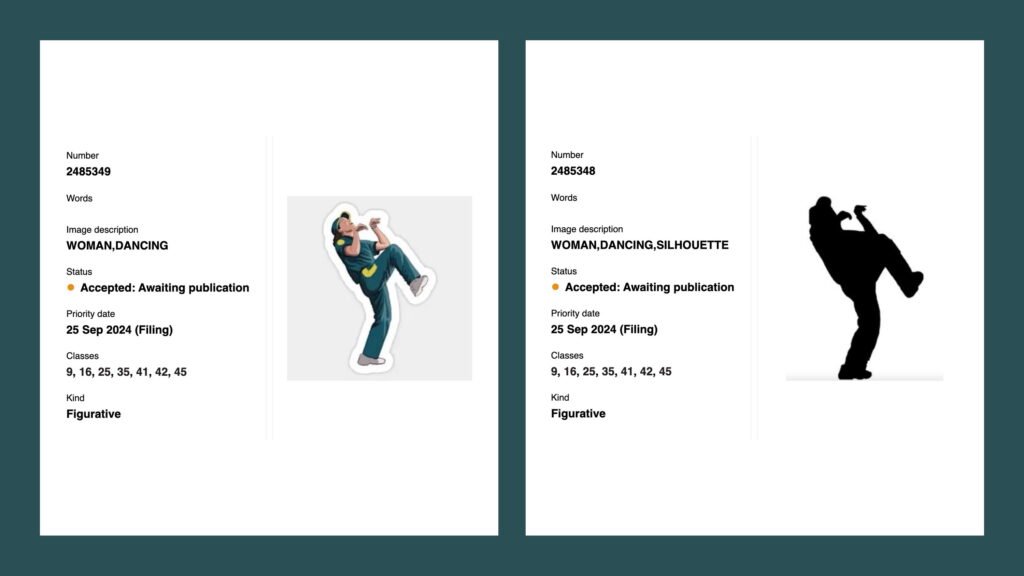Raygunned Down Even Before the Music Began
In a curious intersection of intellectual property law and creative expression, Rachel Gunn, a university lecturer and Olympic breakdancer known as “Raygun,” became the subject of controversy when a parody musical titled Raygun: The Musical was cancelled. Australian comedian Steph Broadbridge, the creator of the musical, faced legal complaints from Gunn and her legal team, who alleged “misuse of intellectual property” and sought to protect Gunn’s burgeoning brand. The case highlights the limits of trademark law, the protection of parody under Australian copyright law, and the absence of rights to publicity or persona in the country.
The Origin of the Conflict
Rachel Gunn gained fame at the Paris Olympics with her quirky, kangaroo-inspired breakdancing moves. Embracing the nickname “Raygun,” she sought to build a personal brand around her unique persona, applying to register trademarks for “Raygun” and related elements like her silhouette performing the kangaroo hop.
Inspired by Gunn’s viral fame, Steph Broadbridge created a parody production titled Raygun: The Musical. The work explored Gunn’s journey with comedic flair, presenting her as a central character in a fictional narrative. However, before the musical could premiere, Gunn’s legal team issued complaints alleging that the production infringed on Gunn’s intellectual property rights and caused confusion among the public, ultimately leading to its cancellation.
Understanding the Limits of Trademark Law

What Can Be Protected by Trademarks?
Trademarks are a legal mechanism to protect signs—such as names, logos, and slogans—used as identifiers for goods or services. In Australia, once registered, a trademark owner can prevent others from using identical or similar marks for competing goods or services.
For Gunn, registering “Raygun” as a trademark would provide exclusive rights to use the name in contexts like entertainment and clothing. This means that if another party attempted to use “Raygun” as a brand for a clothing line or entertainment service, Gunn could take legal action for trademark infringement.
However, trademark protection is limited to specific contexts:
- Non-commercial Uses: Using “Raygun” in a title for a parody musical, without branding it as a commercial service, likely falls outside the scope of infringement.
- Parody and Fair Use: Parody is not typically considered a trademark use, as it does not function as a “badge of origin.” For example, Broadbridge’s use of “Raygun” in the title of her musical does not attempt to market her production as a brand owned by Gunn.
What Trademark Law Doesn’t Protect
- Names Without Trademark Use
Gunn’s claim to the name “Raygun” is not absolute. In Australia, names can only be protected under trademark law if they are used and registered as brands for specific goods or services. Broadbridge’s use of “Raygun” in a parody title does not inherently infringe unless it misleads consumers to believe the production is endorsed by Gunn. - Parody and Satire
Australian trademark law recognises the cultural significance of parody and satire. Courts have ruled that parody often does not constitute trademark infringement unless it creates consumer confusion or uses the mark as a trademark.
For instance, in AGL v Greenpeace, Greenpeace used AGL’s logo in a satirical campaign against climate change. The court held that the parody did not amount to infringement because it was not used as a “badge of origin” for goods or services. Similarly, Broadbridge’s musical would likely be protected as a parody unless it implied Gunn’s endorsement or connection.
Copyright Law and Parody in Australia
Australian copyright law includes provisions for “fair dealing,” allowing the use of copyrighted material for purposes like parody or satire. This defence applies to Gunn’s case in two significant ways:
- Choreography Protection
While Gunn’s kangaroo-inspired dance moves are part of her persona, individual dance moves are not protected by copyright. Copyright can apply to choreography as a whole if it is original and documented (e.g., recorded in a video). Even then, a parody can replicate elements of the choreography under fair dealing if the use is fair and for satirical purposes. - Fair Dealing for Parody
Broadbridge’s musical, as a work of satire, is likely to qualify for the fair dealing defence. By using humour and exaggeration, the parody serves a transformative purpose, which is protected under Australian copyright law.
The Absence of Publicity and Persona Rights in Australia
Unlike some jurisdictions, Australia does not grant individuals a “right of publicity” or protection over their persona. This means that names, likenesses, and personal styles are generally not protected. Gunn cannot claim exclusive ownership of her persona or prevent others from referencing her name or image in creative works, such as Broadbridge’s parody.
The Broader Implications
The Raygun: The Musical controversy highlights how legal threats, even if unlikely to succeed in court, can stifle creativity. Parody, satire, and humour are vital components of Australian culture, yet the cost of defending against IP claims can deter artists and small businesses from pushing creative boundaries.
Key Takeaways for Small Businesses and Creatives
- For Businesses: Protect your brand by registering trademarks and understanding the scope of your rights. Ensure that legal actions against others align with the limitations of IP law to avoid unnecessary disputes.
- For Creatives: Leverage fair dealing exceptions for parody and satire to create transformative works, but remain mindful of potential legal challenges.
How Markport™ Can Help
At Markport™, we specialise in navigating the complexities of Australian IP law for small businesses and creatives. Our services include:
- Trademark Registration: Secure your brand and protect your identity.
- IP Strategy and Advice: Understand your rights and how to enforce them responsibly.
- Trademark Design: Build distinctive, marketable brands.
Take the Next Step
Protect your brand or explore creative opportunities with confidence. Contact us today to learn how we can assist you.
